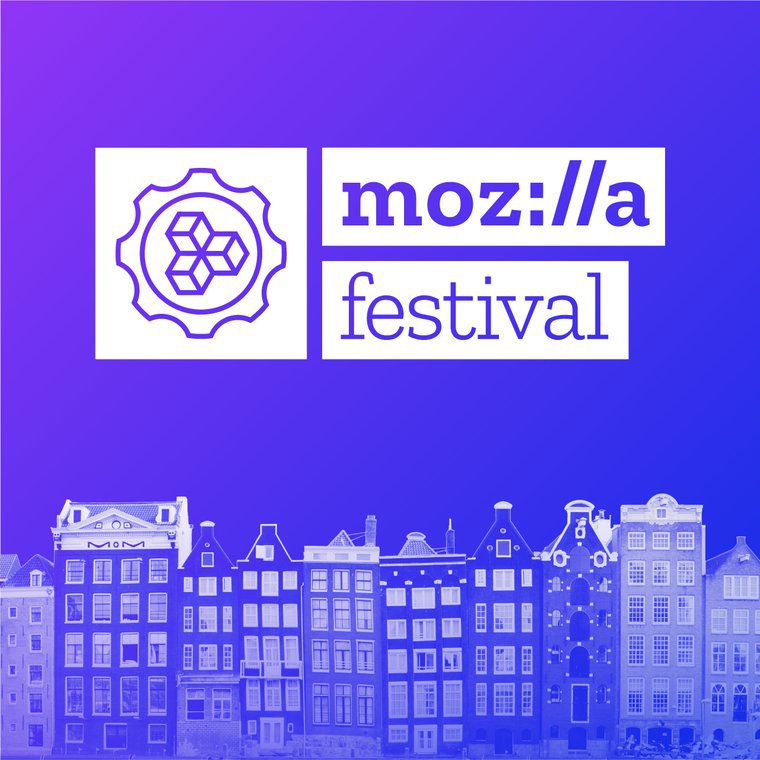What does it mean to decolonize Artificial Intelligence (AI)? Why does AI need decolonizing and what does this entail? These are some of the questions that ignited the curiosity of seven people —from around the world with different backgrounds and disciplines— to create a space within MozFest, “Decolonized AI Futures.” In this space, we invite the voices of the Global Majority —a concept we will discuss later in this post— to join in a meaningful dialogue on how to decolonize the development, usage and understanding of AI.
The Decolonized AI Futures Space will convene at MozFest 2022, 7-10 March, online.
Guiding Principles for Decolonized AI Futures
The AI we believe to be global is, in fact, far from it. This is the fundamental concept of this space. In our path towards building a space of collaboration, innovation, and co-creation in which other stories and voices are valuable, we have developed three guiding principles for participants in this space, so we can collaborate with a shared understanding:
This space focuses on case studies from current AI research by individuals and groups outside the Western world. We will envision future possibilities of decolonized/non-Western AI.
We acknowledge current AI harms, such as excessive data collection, privacy, discrimination, misinformation and environmental harm. We examine the erasures, silences, and histories of the past and present of AI. But we must take one step further: to apply that knowledge to the exploration of a more optimistic future, in which different understanding and applications of AI across the globe represent alternative ways of seeing, learning and problem-solving. This is the approach we refer to as Decolonization.
This concept involves (but doesn’t stop at) valuing knowledge systems historically under attack, interiorized and undervalued. It also helps read earlier states and alternative possibilities which offers a more complex story. The space will highlight case studies from current AI projects, research and products carried out by individuals, organisations and institutions outside of the Western world. We also wish to explore the consequences of using Western-developed AI in non-Western contexts.
In our conversations to form this space, we came to the following shared understanding of a few key terms:
- algorithms: shared ways of recurrently solving problems
- values: prioritized generalized notions (for example, when “efficiency” is prioritized over “community impact”)
- practices: ways in which algorithms are or have been employed or in process
A Decolonized AI Future perspective asks: what are the algorithms, values, and practices that can help make the application of AI less harmful?
We have outlined our understanding of the term “decolonization”, yet this too is an increasingly difficult term to define, and we acknowledge that many people will come to the conversation with their own understanding. We welcome these perspectives.
We refer to the communities of focus as the Global Majority.
“Global Majority” is a collective concept created by Rosemary Campbell that speaks to and encourages those so-called, to think of themselves as belonging to the majority on planet earth. It refers to people who are Black, African, Asian, Brown, dual-heritage, indigenous to the global south, and or, have been racialised as 'ethnic minorities'.
This term was created in recognition that the expression ‘ethnic minority’ can be demoting and restricting to the communities which are labeled as ‘minority’. It constructs the identity of racialized people in relation to the dominant western population. When you keep telling someone that they are a minority, you suggest to them that they can’t make a difference diminishing the idea that they can effect impactful change. We support the rejection and reframing of this perspective by using the term ‘Global Majority’.
We bring awareness to Rosemary Campbell’s Global Majority as a concept that points to the power dynamic rather than a particular geographic identifier. We aim to decenter the dominant culture.
This concept has enabled us to create a space in which our differences make a difference. We understand that inclusion is not just about bringing people into what already exists; it is about creating a new space, a better space for everyone, as George Dei recalls.
Correctly describing the Global Majority as such disrupts the narrative and moves racialized people from the margins to the center. We are the global majority.
If we have triggered your curiosity, please submit your proposal by the end of the day on November 14th here. If you need support in creating your session proposal, please see this post for where to find additional support and guidance.
We aim to bring together a diverse community of knowledge guardians, researchers, technologists, activists, journalists. Submissions from the Global Majority are encouraged, all are welcome.
Together, we will explore the use of algorithms, AI research, and case studies from AI in real life, and envision a future for AI that involves a meaningful dialogue of values.
Let’s keep the conversation going! You can join our Slack open channel #decolonized-ai-futures to discuss any questions you might have.
MozFest is part art, tech and society convening, part maker festival, and the premiere gathering for activists in diverse global movements fighting for a more humane digital world. To learn more, visit www.mozillafestival.org.
Sign up for the MozFest newsletter here to stay up to date on the latest festival and internet health movement news.











